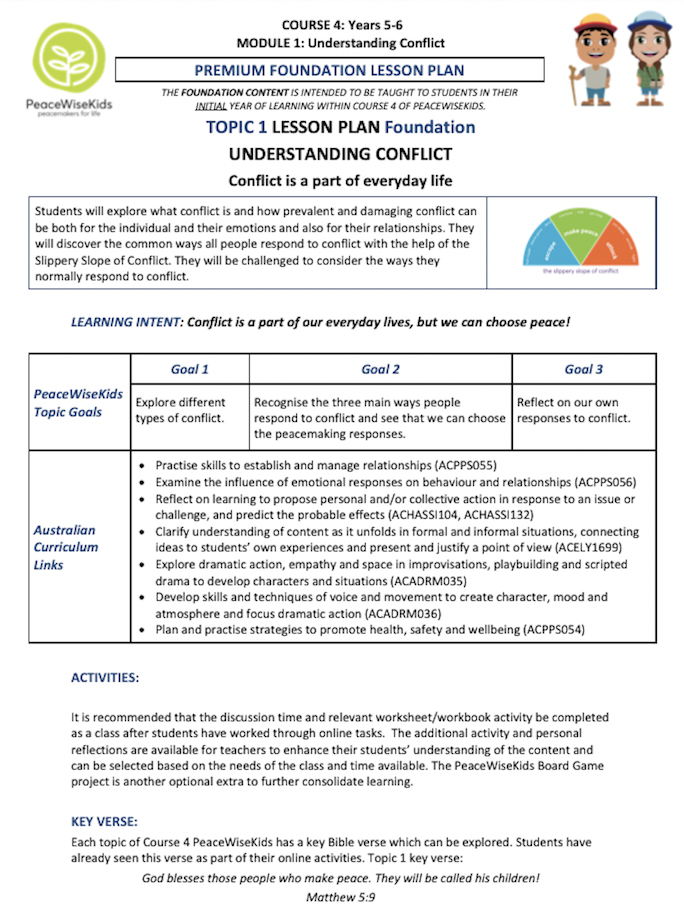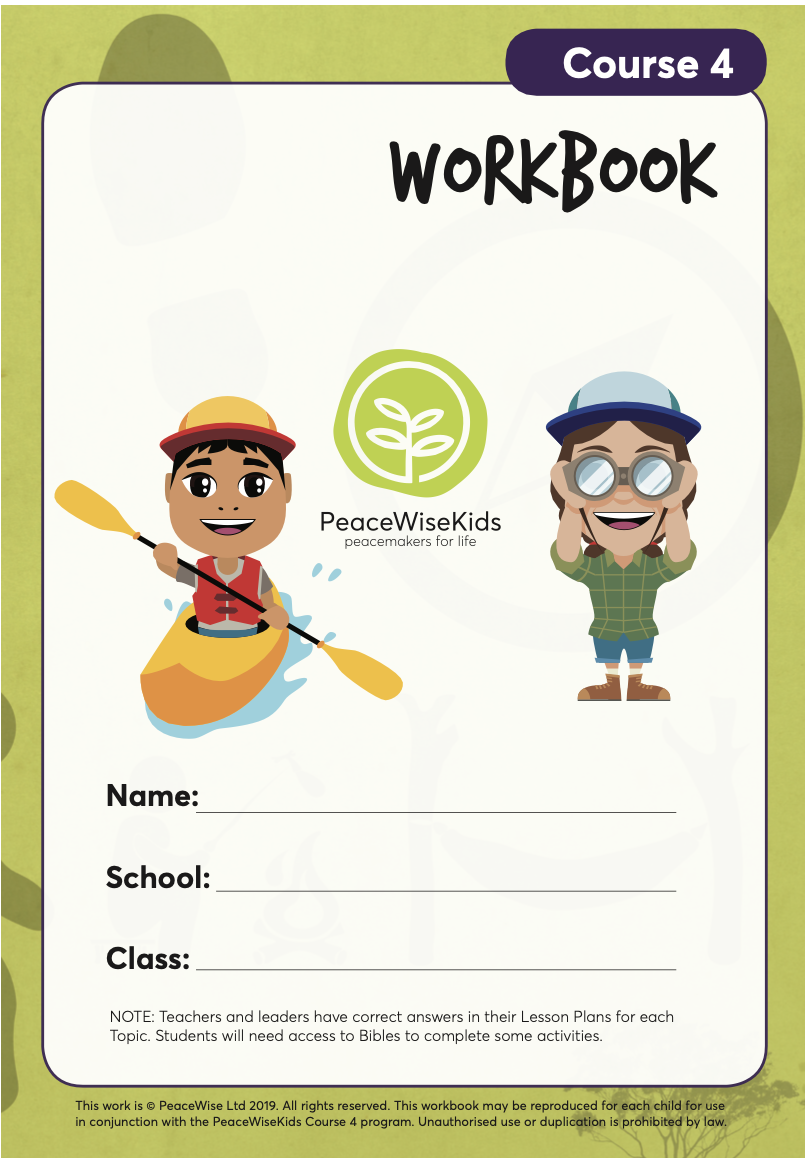Teach children to be peacemakers for life
ages 10-12 | Course 4
typically years 5-6 of school
PeaceWiseKids is a Christian program that equips kids to deal with challenging relationships and conflict in healthy, constructive & life-changing ways.
Every lesson begins with our engaging teaching videos –
then you take over to teach the rest of the lesson using the material we provide.
In this course our presenters Erin and Anson welcome us each lesson to narrated infographics with the core teaching,
using the themes of camping and “your tribe”.
who’s this for and what’s it about?
ages 10-12
typically year 5 and 6 of school
Video presenters, animations, interactive activities, workbook.
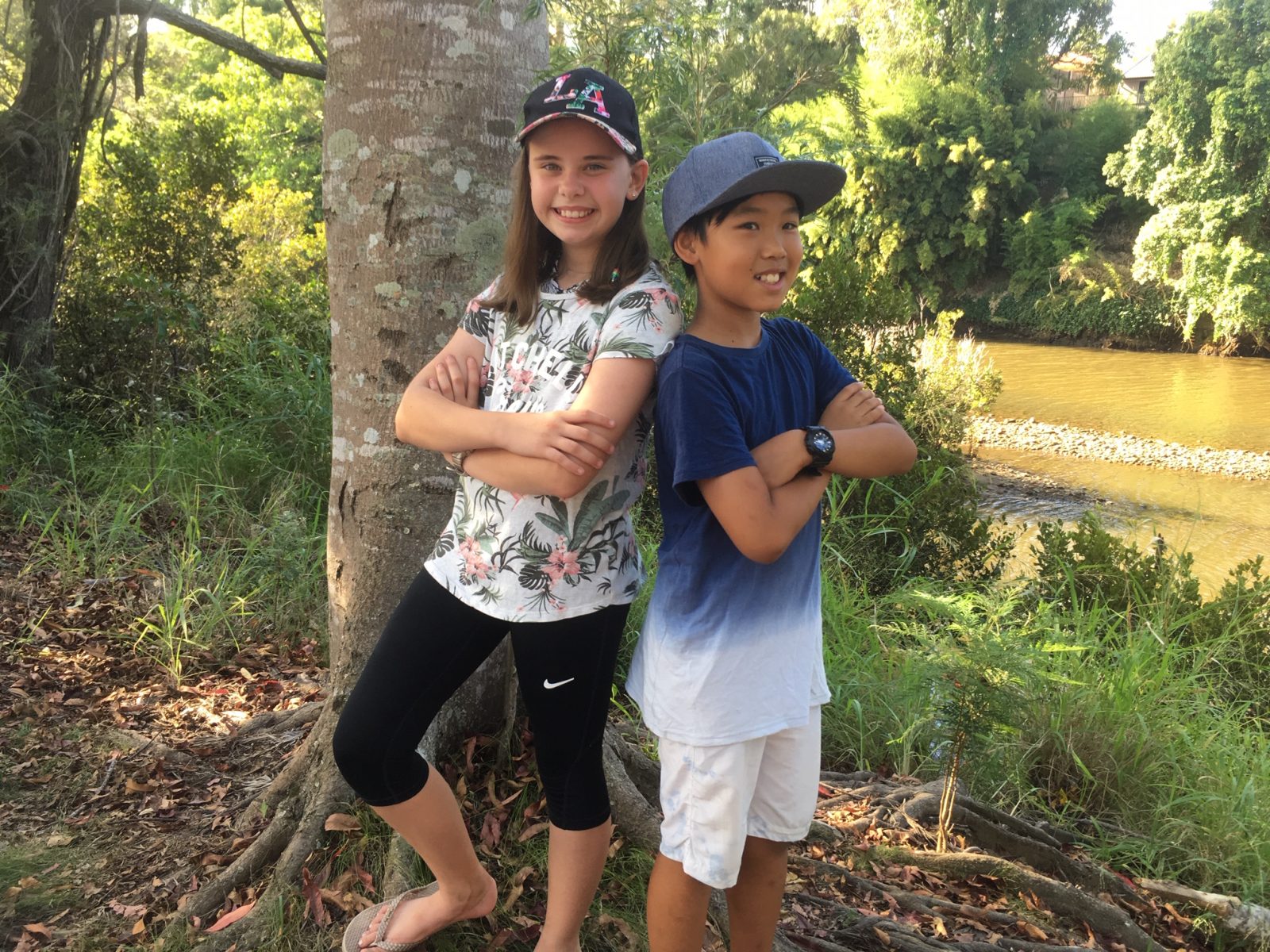
Erin and Anson introduce each lesson, featuring animated graphic teaching videos plus live action conflict scenarios
Course theme: Camping and your tribe
students will learn…
understanding conflict
MODULE 1 | 5 LESSONS
This is the WHAT part
Children learn what conflict is, where it came from, and a basic framework they can use in any conflict situation
responding to conflict
MODULE 2 | 6 LESSONS
This is the HOW part
Children learn the principles, skills and tools needed to be peacemakers
peacemakers for life
MODULE 3 | 4 LESSONS
This is the INSPIRATIONAL part
Children learn that as they apply these principles, they can be bringing peace both into their own relationships and into the communities to which they belong
course content
PeaceWiseKids aims to teach children to be peacemakers in all parts of their life and for all of their life. Whilst the practical focus of the course is on teaching how to have strong relationships with others through practising peacemaking using the principles found in the Bible, the course also aims to reveal to the children both how great God’s love for them is, and how wonderful Jesus is.
Students will recognise their own responses to conflict and understand that biblical peacemaking is based on a four-part process of putting God first (1 Corinthians 10:31), owning their part in a conflict (Matthew 7:3-5), talking it over with the other person (Galatians 6:1) and making it right between them (Matthew 5:23-24).
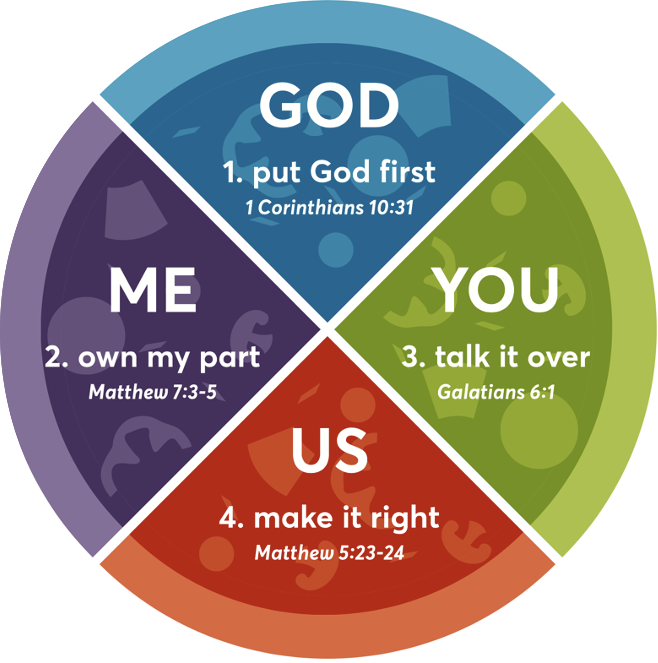
course structure
This course is presented by the teacher/parent to the class.
- There are 15 lessons (topics) in this course
- Each lesson includes 30-50 minutes of content – depending on how many activities you choose to do
- Each lesson begins with a 3-5 minute key teaching video, and is accompanied by a comprehensive lesson plan and in class learning activities
- For the student engagement materials, you can give them the online course activities or the workbook – or both
- The course has additional teaching resources available for purchase, including posters and summary cards
- All courses are purchased as a 12 month subscription, and are most easily taught over a couple of terms
- For schools and home schools, the 12 months runs on the school year of the country in question (e.g. Jan to Dec in Australia and New Zealand, Sep to Aug for the US)
If taught as one topic a week, the content could be expected to take two terms to teach.
what kind of videos are there?
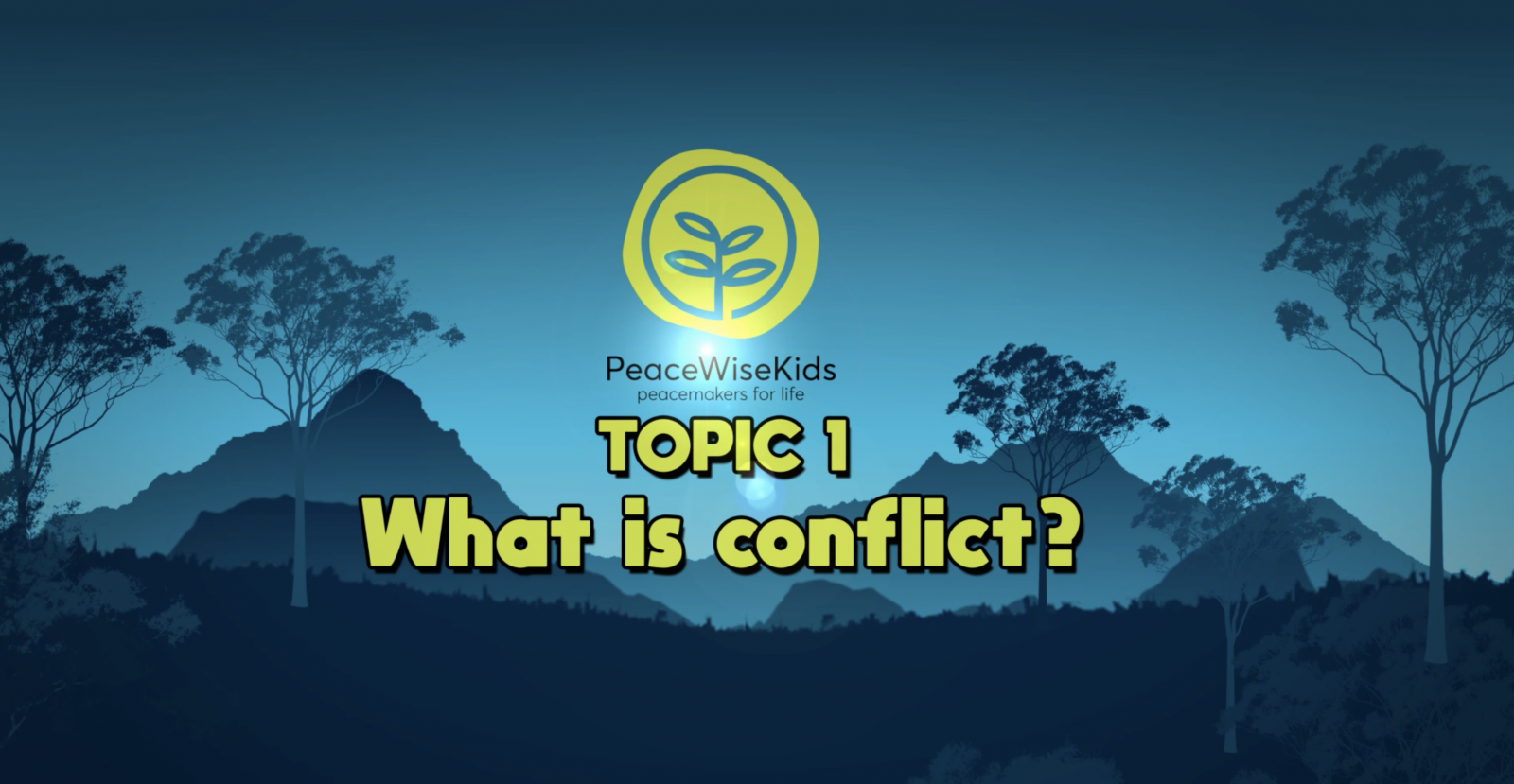
animated graphics
the core teaching is in these

live action scenarios
illustrate classic conflict situations
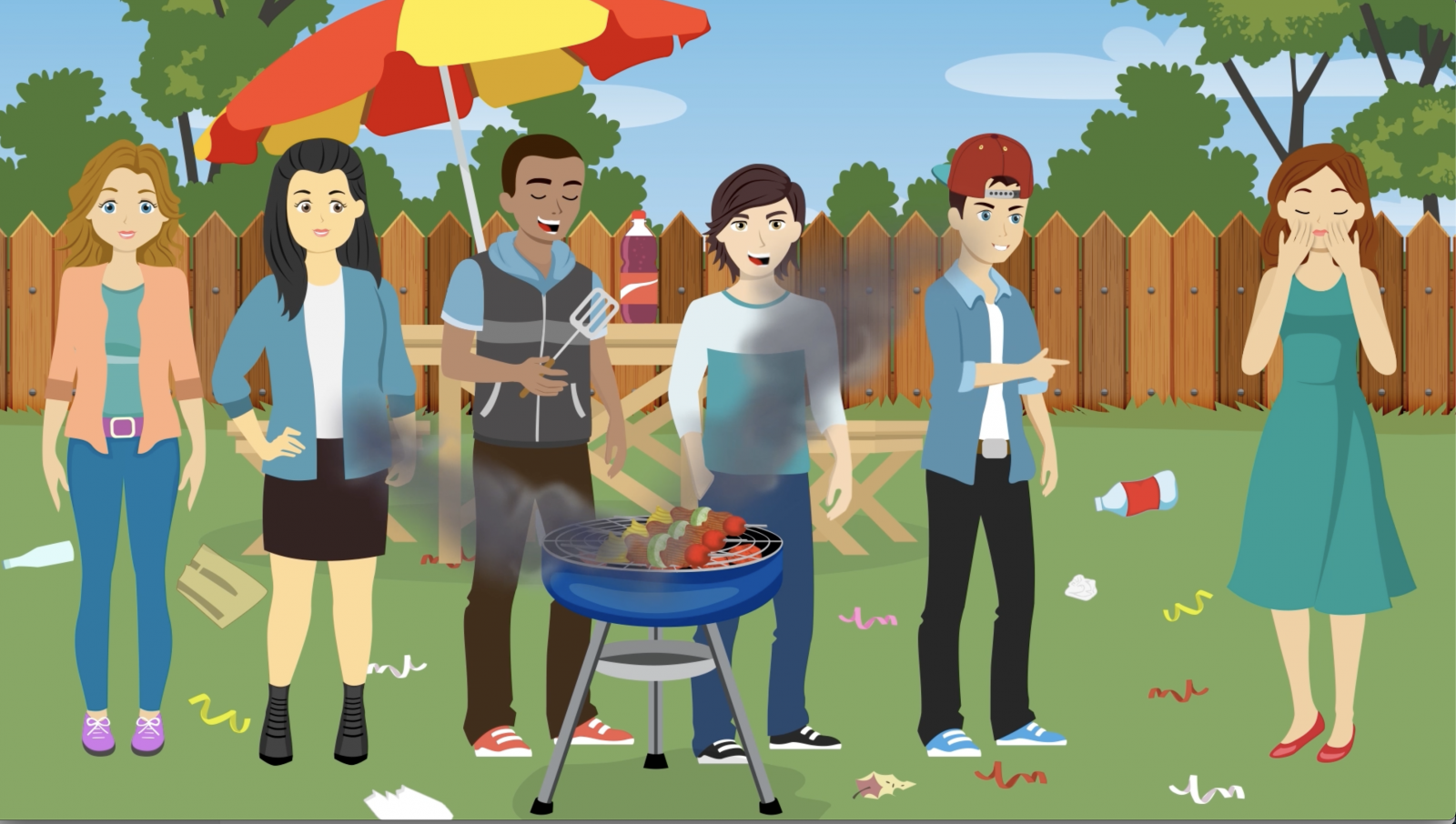
cartoon characters
Jacob and Charlotte and the gang
where do I teach it?
The class teacher will decide where best to fit the content within their learning plans for each week. For example, some teachers may prefer to teach a whole topic at once, whilst others will prefer to break the content up through the week.
The course has been designed to map to Australian Curriculum descriptors spanning a wide range of subjects including Health and Physical Education, English, The Arts, HASS and Science/Maths.
course details at a glance
15 topics/lessons taught in three modules
number of topics
- 5 topics make up Module 1 – understanding conflict
- 6 topics make up Module 2 – responding to conflict
- 4 topics make up Module 3 – embedding the concepts and skills – learning to peacemakers for life
All topics and modules are designed to be done sequentially, as each builds on the one before.
Approximately 30-50 minutes
lesson length
An example lesson breakup could be…
- 5-7 minutes of video content
- 15-25 minutes of teacher directed activities
- 10-18 minutes of online or workbook time
Videos + class interaction + online activities or workbook
course format
- Stimulus videos with key teaching input
- Teacher directed lessons
- Online activities or personal workbook for each student
12 months
how long can I use it?
Purchase of this course provides the user with a 12 month licence to use all course content.
For schools and home schools, the 12 months runs on the school year of the country in question (e.g. Jan to Dec in Australia and New Zealand, Sep to Aug for the US)
take a closer look at Course 4…
Check out this sampler video below – the first topic in the course. You can also have a closer look at a sample lesson plan and the student workbook as well.
the benefits of a whole of school approach
See how Melton Christian College built a culture of peace
For schools, there is the unique opportunity to have everyone in the school using the same language, concepts and relational principles.
This is because:
- there are courses available from Kindergarten through to the end of school
- all courses are mapped to Australian Curriculum outcomes,
- all courses have the same core underlying framework and topics – but adjusted to different age levels and with different themes and ways of presenting the content.
This means those teaching the principles can share the same core concepts and tools across multiple age groups, and there is consistency of learning at all age levels. There is the development of a “common language” within the School.
For example, a school could run the program in both primary and high school, or across multiple year groups in either, and the students and staff will all be “on the same page” with what is being learned.
Note that within schools, there is also the option for PeaceWise to deliver Everyday Peacemaking for Schools training for all staff, as well as parent seminars.
This opens up the prospect of building a healthy relational “culture” with the whole community and facilitates a “whole of school” approach.
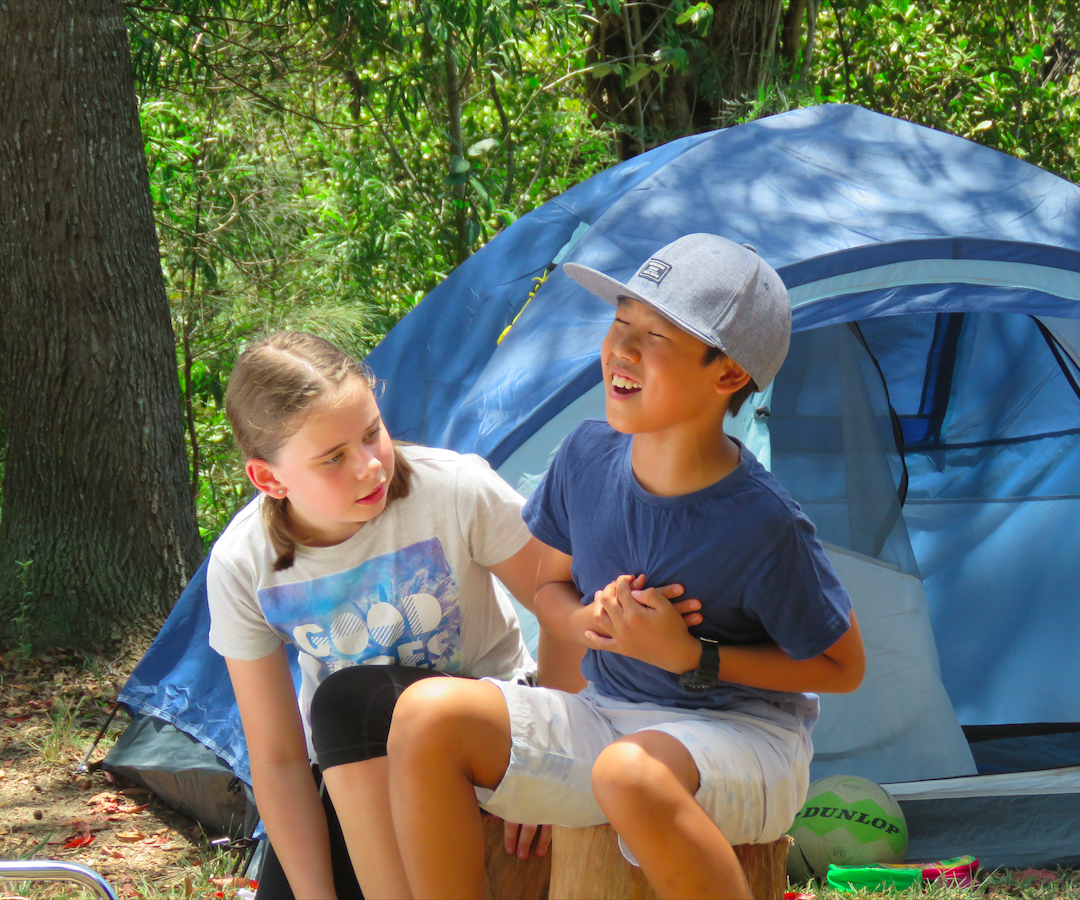
get started
Take the next step by hitting one of the buttons below to get started – and please feel free to reach out to us if you need help.
For larger groups like schools, we highly recommend you contact us before you buy so we answer any questions about the course and help you make sure you pick the right resources for your students.
For schools, we also have package pricing for whole of school purchases.
